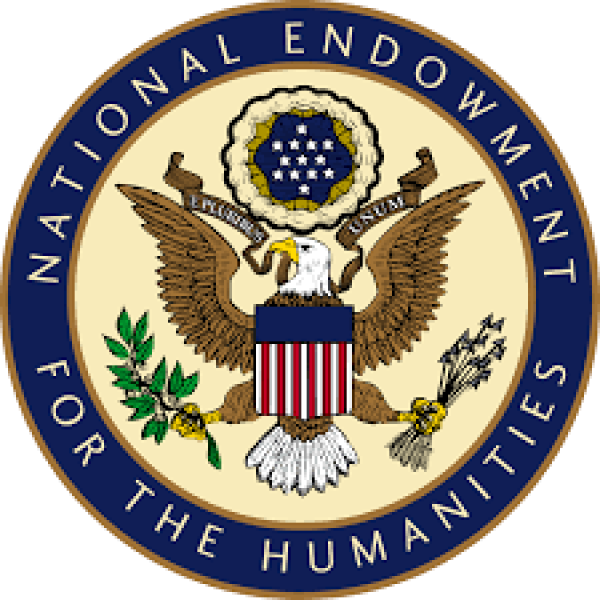During a recent faculty consultation, I was reminded of the importance of our work. I was listening to an instructor describe how excited they were to make changes to their course; things like adding new technology, incorporating active learning and formative feedback opportunities. Yet at the same time, the investment in the process of iteration seemed daunting and stressful. “I’m not sure where to begin and I’m overwhelmed” were the key takeaways from this very well intentioned faculty member and then came the big question, “does it even matter?”. Looking back at this conversation, it helped stretch my empathy muscles as an instructional designer and it became the catalyst for this article. ASSETT is here to help!
First, it is important to acknowledge that during the last couple of years teaching has been stressful.The pandemic required faculty to have an adaptive, flexible, and frankly ready-for-anything approach to courses and teaching. Course design and lesson plans have had to respond to changing teaching modalities AND changing student needs. Whether you are teaching in-person, online, hybrid, synchronously, or asynchronously, your course design matters. Understanding how students learn, what they need to be successful, and delivering a well-developed course using systematic processes can create a better learning experience for students and can actually save time and energy for faculty.
- It can create a welcoming environment and is part of an inclusive pedagogy
- It can help learners retain knowledge and spark engagement
- It can boost learning goals and course outcomes by adding clarity
So what should you expect when you design and reflect on a course?
- Start with the big picture and “backwards design”. What do you want students to remember from your course? Set course-level learning goals and objectives, determine key milestones, assessments, and recurring learning activities for the syllabus. Make sure that accessibility issues and universal design for learning are being addressed!
- Build modules and consider mapping out the course. Create module-level objectives, chunk topics, gather materials/curriculum/content, and decide on a consistent structure. Look at strategies, pedagogies and technologies for maximizing student-centered learning, interaction, and engagement. Think about how grades and rubrics will be incorporated into the course and any other tools such as discussions, Canvas studio or third-party technology like padlet or flipgrid could be used.
- Add and test elements before the start date. Estimate how long it takes a student to work through a module, check dates on assignments, schedule or plan announcements, proofread and make any needed changes, upload a finalized syllabus and add a homepage so students have a central spot for important information like contact information and office hours and add a welcoming message.
- Plan ways to collect data, evaluate the design and consider any revisions. Focus on a few areas that you might want to change in the next interaction or the next time you teach that course. Don’t forget to reflect on the challenges and celebrate your successes as an educator.
At ASSETT, faculty are encouraged to contact us for consultation or attend a course design workshop. Every course has its own goals, educators have their own style and pedagogies, and faculty can approach us at any stage of preparation with questions about teaching and learning. To schedule a course design consultation, email us at ASSETT@colorado.edu or register for our upcoming 3 day workshop in May.
Resources available here.




